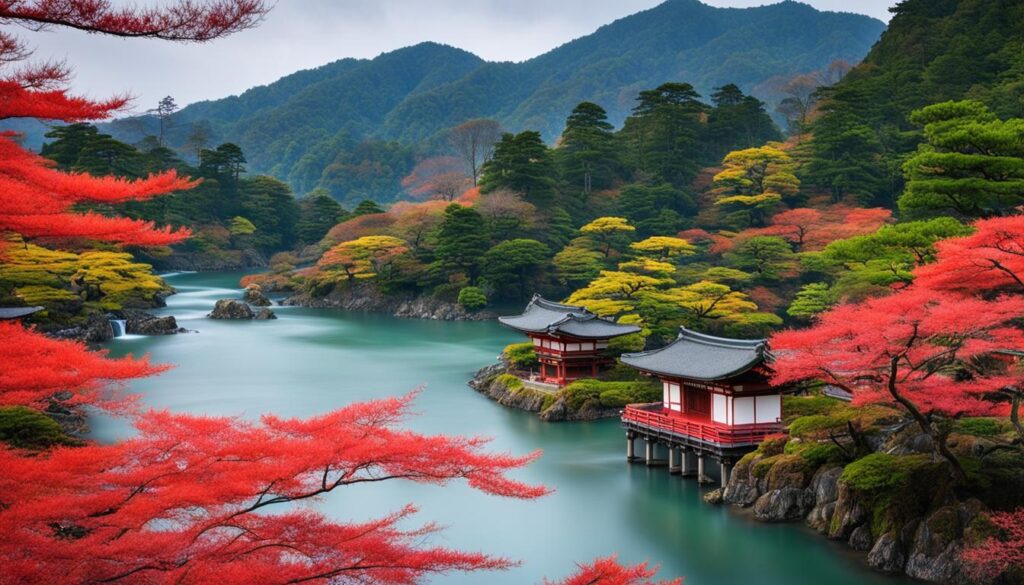Tonghou. The name alone stirs intrigue and invites questions. Where is it? What does it stand for? Is it a place, a concept, a story from ancient times? For those unfamiliar with the term, Tonghou remains a mystery—but one worth uncovering.
In this article, we explore Tonghou as both a real and symbolic destination, possibly nestled in a forgotten corner of the world or existing in stories passed down through generations. Whether it’s a remote village surrounded by green mountains or a term representing harmony and resilience, Tonghou invites us to pause and discover.
The Origins: What Is Tonghou?
The origin of the word “Tonghou” is not immediately clear. In some interpretations, it might be derived from Chinese characters or East Asian dialects—possibly denoting a river, a valley, or even a philosophical idea.
Let’s imagine Tonghou as a secluded town in a mountainous region, rich in tradition, surrounded by lush landscapes, and untouched by the chaos of modern urban life. The people of Tonghou live in harmony with nature, preserve ancient crafts, and pass down stories through songs and rituals. It’s a place where time slows down and simplicity is revered.
Alternatively, Tonghou might be a cultural concept. “Tong” could refer to unity or passage, and “hou” might imply depth or legacy. In this sense, Tonghou could symbolize the journey toward inner peace, ancestral wisdom, or collective memory.
Tonghou’s Natural Beauty: A Landscape to Remember
Assuming Tonghou is a real place, it likely boasts breathtaking natural beauty. Imagine a river weaving through dense forests, rice terraces carved into hillsides, and traditional wooden homes built with care and skill. Mist lingers in the early mornings, while the sounds of birds and flowing water echo through the valleys.
Ecotourism would thrive in a place like Tonghou. Visitors might hike forest trails that reveal hidden waterfalls, bathe in natural hot springs, or stargaze in a sky unpolluted by city lights. The locals might welcome tourists not as outsiders, but as friends eager to share the beauty of their homeland.
In an era when many seek escape from digital overload, Tonghou could serve as the ultimate retreat—a place to unplug, reflect, and reconnect with the earth.
Culture and People: The Heart of Tonghou
What would a place like Tonghou be without its people? At its heart, Tonghou is defined by community and tradition. In our imagined town, people live in extended families, share harvests, and celebrate festivals rooted in nature’s cycles.
One might encounter artisans carving wood by hand, elders telling tales by the fire, or children dancing in traditional clothing. Perhaps the Tonghou Festival marks the changing of seasons, featuring lanterns, music, and locally prepared food. Visitors would be encouraged to join, not as spectators, but as participants.
Education in Tonghou might be unconventional, deeply rooted in storytelling and mentorship. The young learn from the old—not just reading and arithmetic, but values like patience, gratitude, and balance.
Tonghou as a Metaphor: The Journey Within
Beyond the physical, Tonghou can be interpreted as a metaphorical journey—a personal or collective passage toward a more meaningful existence. In a fast-moving world, Tonghou reminds us of the value in slowness. In a culture often defined by competition, Tonghou invites cooperation. Where technology dominates, Tonghou calls us back to tradition and nature.
For some, “visiting” Tonghou might not involve travel at all. It might mean embracing a mindset: choosing to live sustainably, to honor the past, and to walk gently through the world.
Tonghou becomes a symbol for what many of us crave—clarity, purpose, and connection. Whether it’s found in a book, in meditation, or in a remote valley, the spirit of Tonghou is universally relevant.
Challenges and Preservation: Keeping Tonghou Alive
If Tonghou exists physically, it likely faces challenges common to many remote or traditional communities. These include modernization, cultural erosion, youth migration, and environmental threats. The spread of technology and outside influence can be both a blessing and a curse.
Preservation efforts would be crucial. Cultural heritage projects, eco-friendly tourism, and sustainable development could help Tonghou thrive while staying true to its roots. Local governments and global NGOs might partner to document oral histories, protect natural habitats, and support local artisans.
Even as modernization reaches Tonghou, there’s value in maintaining the balance between progress and preservation. This is perhaps Tonghou’s greatest challenge—and its greatest opportunity.
Why Tonghou Matters Today
In 2025, as we navigate environmental crises, mental health challenges, and cultural fragmentation, the message of Tonghou is more important than ever. It teaches us the importance of slowing down, listening to nature, and embracing heritage.
Tonghou represents a blueprint for sustainable, mindful living. It’s a place—real or imagined—where balance is not just an idea, but a way of life.
Even if we never physically arrive in Tonghou, we can still carry its values with us. In our homes, relationships, and choices, we can create a personal version of Tonghou—a space of calm, purpose, and beauty.
Conclusion: The Spirit of Tonghou Lives On
Whether Tonghou is a hidden village tucked away in the hills or a concept etched in cultural imagination, its spirit continues to inspire. It reminds us that there is value in tradition, peace in nature, and strength in community.
In a world that often moves too fast, Tonghou invites us to pause, to reflect, and to live more meaningfully. And maybe, just maybe, we all have a little bit of Tonghou inside us—waiting to be remembered.


